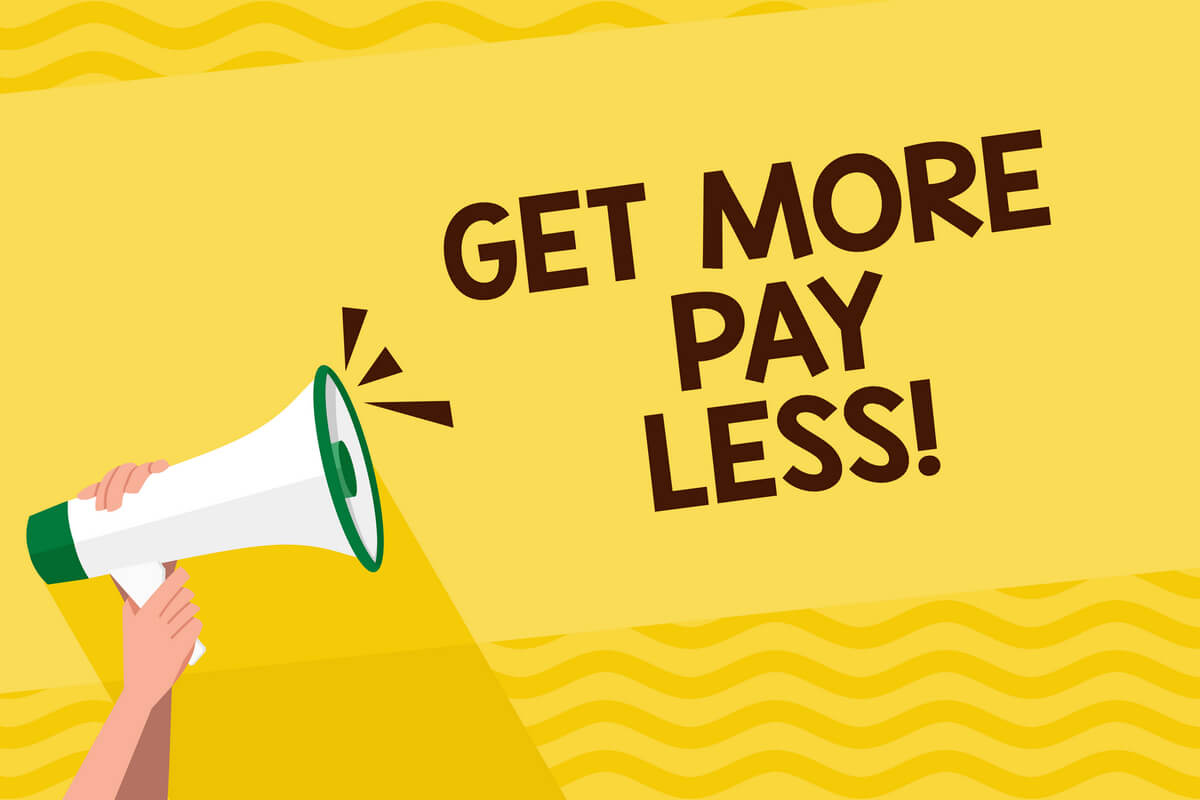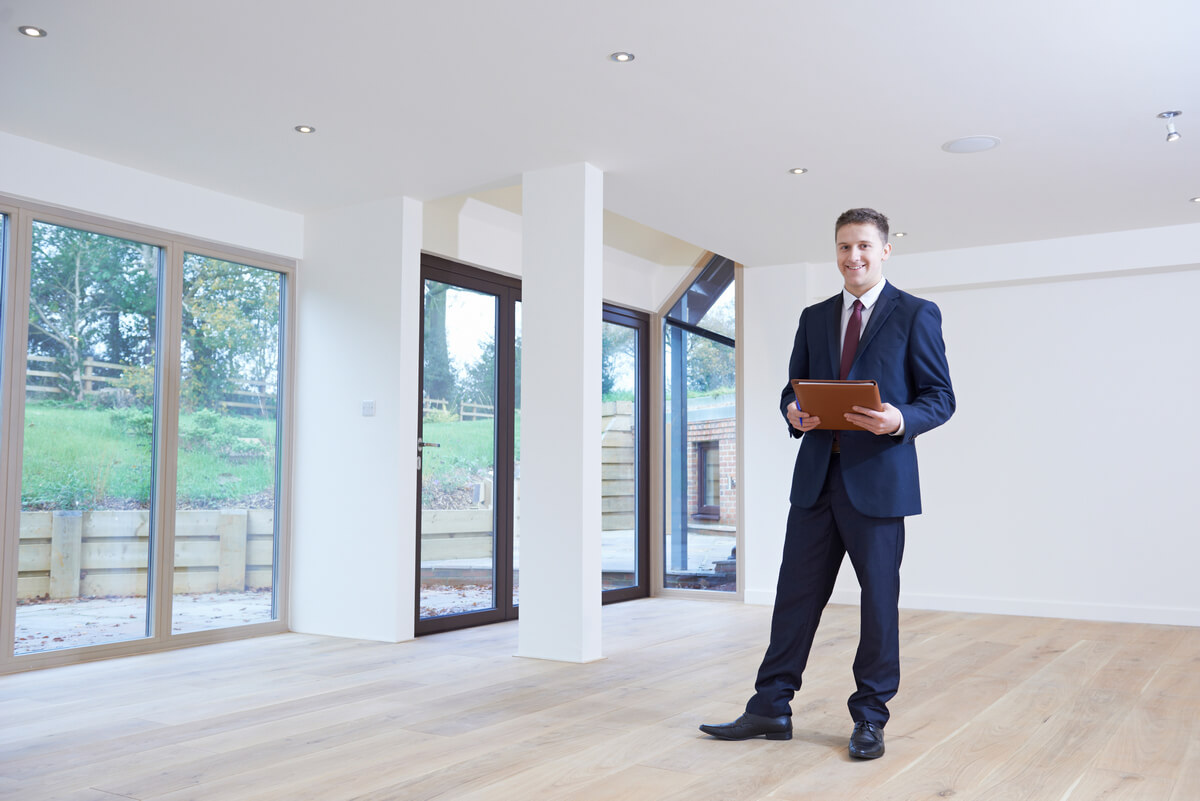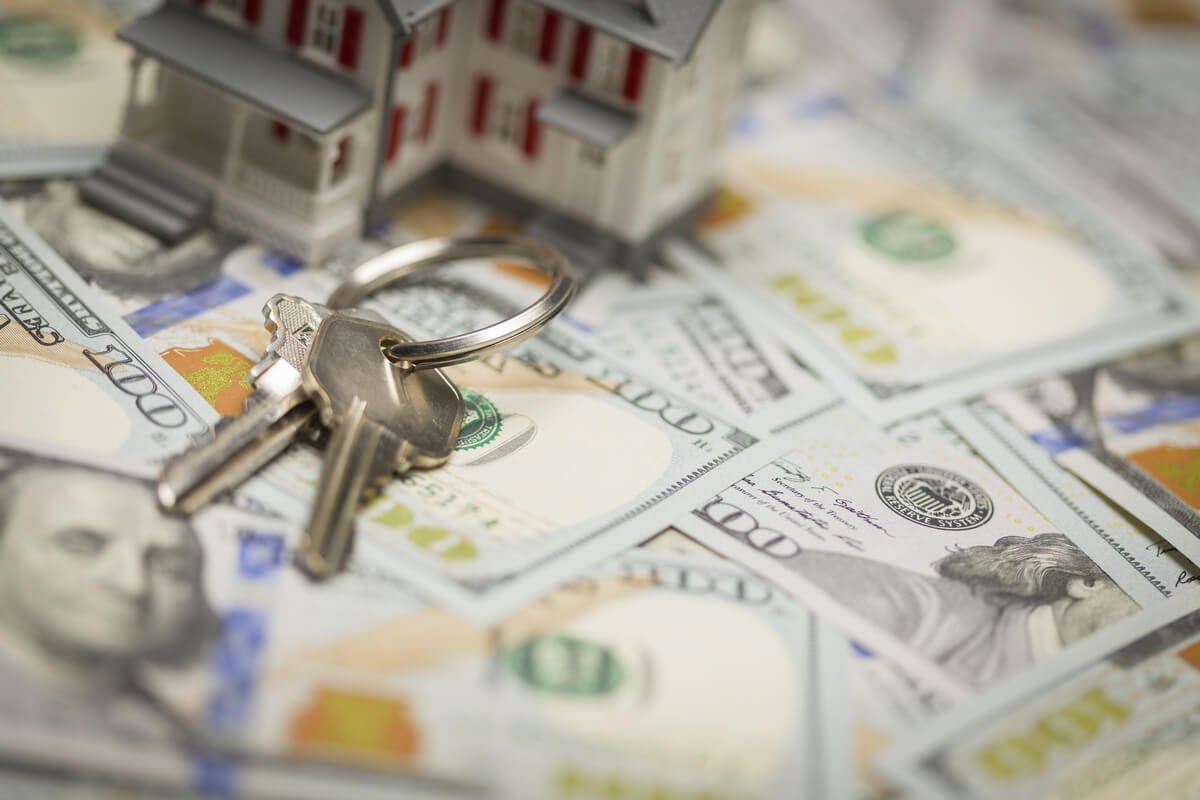Buying a home is likely the biggest financial transaction of your lifetime. It takes most people years to prepare to buy their first home, and saving for the down payment is often the most difficult step.
A conventional down payment is 20 percent of the value of the home. There are benefits to making a down payment of this size, but it also can be incredibly challenging to save up the money. Some experts still recommend putting down 20 percent, since it allows you to avoid paying for mortgage insurance, and leads to better terms from your lender. Others say that a smaller down payment is a wiser choice since it allows you to use leverage. Today, many buyers make a down payment of just 3 to 5 percent.
If you’re getting ready to purchase a home, you should think carefully about your down payment. Don’t settle on an amount simply because it’s the general recommendation. Instead, consider your own financial circumstances and the value of the home to decide how much to pay.

Average Down Payments Today
While 20 percent used to be the standard down payment for most buyers, that is far from the case today. Statistics from EllieMae in 2019 show that the average down payment is 5 percent for FHA loans. Down payments for conventional loans are larger on average, but VA loans have an average down payment of just 2 percent.
Overall, the average down payment was 6 percent for first-time home buyers and 16 percent for repeat buyers. According to Statista, in 2019, 19 percent of home buyers put down 20 percent, 56 percent of buyers put down less than 20 percent, and 20 percent put down more.

Advantages of Paying 20 Percent
If you’re able to make a 20 percent down payment, it may be worthwhile. This down payment will exempt you from having to buy mortgage insurance, which could save you hundreds to thousands of dollars per year.
A large down payment will reduce your mortgage balance, too, which leads to a lower monthly payment. Your interest rate will likely be lower with a 20 percent down payment as well.
Sometimes, a bigger down payment can make you a more competitive buyer. If the market is hot, an offer of 20 percent down will look more attractive to sellers, so it may be your best option for being approved.

When to Pay Less
Although there are advantages to putting 20 percent down, there are also several reasons it can be wise to pay less. Even if you have the funds for a large down payment, it isn’t always the best choice.
The most obvious benefit to making a small down payment is that you won’t have to spend as much time saving up. Depending on your income and the cost of your desired home, saving for a 20 percent down payment could take years. By paying less, you can buy the home sooner and start building equity. Instead of making rent payments every month, your money will go toward paying off your mortgage.
A smaller down payment also leaves you with more funds to make repairs and improvements to the home. Many first-time buyers purchase fixer-uppers because turnkey homes are out of their price range. Even if the home appears to be in good condition, you’ll most likely need to make a few repairs within your first year of homeownership. You don’t want to delay important renovations because your bank account has been depleted from your down payment.
You should consider the current average interest rates when deciding on your down payment, too. If the rates are low right now, it may be better to purchase a home soon with a smaller down payment to get a good deal on the interest. If you wait too long to save 20 percent and the rates rise, you may end up paying thousands more in interest than you would have with the lower rate.
This is also the case if home values are rapidly rising in your area. You may get a better deal buying a home now than you would if you wait to save up a down payment. Unfortunately, prospective buyers sometimes find themselves unable to buy a home in their desired market because the prices have risen so dramatically that it’s no longer financially viable. If you think this may happen in your area, consider buying a home before this becomes the reality.
One of the reasons a 20 percent down payment is recommended is because it creates equity in your home as soon as you buy it. Then, you don’t have to worry about being upside down on your mortgage if you want to sell the home. If the house you’re buying is far below what you can afford, though, you probably don’t have to worry about this issue. The chances that you’ll need to sell the home quickly or unexpectedly are very low since you can easily make the monthly payments, so a small down payment should be safe.

How to Decide on Your Down Payment
No two buyers have the same financial situation, which is why advice on home buying can vary so drastically. It’s impossible to predict the future, and there’s always some risk involved in buying a home. The best option depends on the current housing market, your income, and the home you want to purchase.
If you see rapid growth in the real estate market in your area, buying now with a small down payment may be easier than buying in several years. However, if you’re concerned about building equity in the home, saving for a larger down payment can give you peace of mind. If a 20 percent down payment would completely drain your bank account, it may be more of a financial strain than an advantage.
You can speak with a financial advisor or a real estate agent to get advice based on your own situation. An expert who’s familiar with your circumstances as well as the market in your area will be a valuable resource. Think about your finances and your living situation today, and consider where you want to be in five years. If making a large down payment feels more comfortable for you, take your time saving up. If buying a home now will put you in a better position in a few years, consider putting less down and buying soon. As long as you make a careful, informed decision, you should feel secure in your offer.


